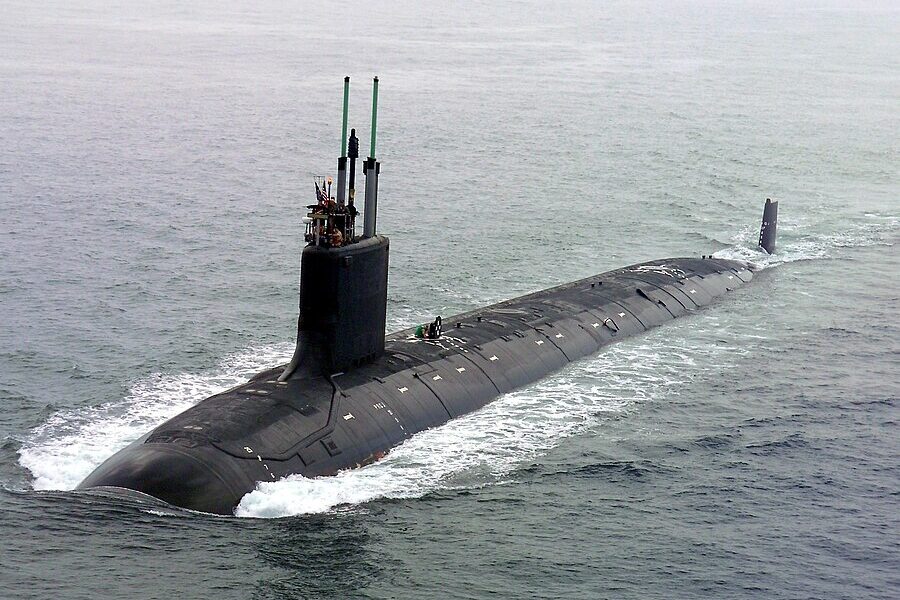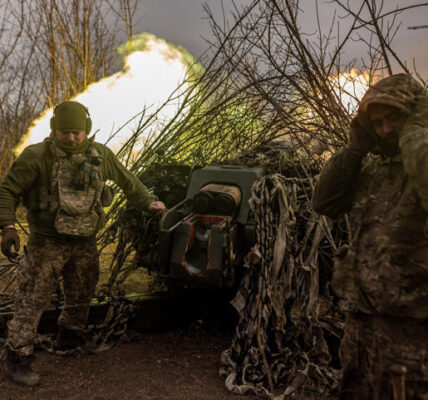Explore the latest on Russian submarine operations in the Irish Sea, their implications, and international responses. Stay informed on the evolving geopolitical landscape.
Russian Submarine Operations: A Closer Look at Recent Developments
In recent times, Russian submarine operations in the Irish Sea have sparked significant attention and concern among international observers. These operations, involving Kilo-class attack submarines, represent a notable escalation in naval activities following Russia’s invasion of Ukraine.

© Provided by The Telegraph
Unprecedented Movements in the Irish Sea
Reports indicate that Russian Kilo-class submarines, capable of deploying Kalibr cruise missiles, torpedoes, and laying mines, undertook two secretive missions in the Irish Sea. This area, separating Britain from Ireland, typically sees limited military presence, making the presence of such submarines quite unusual and concerning.
Capabilities of Kilo-class Submarines
Kilo-class submarines are renowned for their stealth and combat capabilities. With a top speed of 17 knots surfaced and 20 knots submerged, these submarines are designed for tactical maneuvers and can operate effectively in various maritime conditions.
Geopolitical Implications
The deployment of Russian submarines in the Irish Sea has raised eyebrows across Europe and beyond. Analysts suggest these operations could serve multiple strategic purposes for Russia, including testing regional defenses, asserting dominance, or even sending political messages amidst ongoing global tensions.
Challenges and Legalities
Navigating the Irish Sea poses unique challenges for submarines due to its varying depths. International maritime laws typically require submarines to surface when entering territorial waters, which adds a layer of complexity to such operations and could potentially violate international norms.
Response and Intervention
In response to these developments, the UK has heightened its naval patrols to safeguard British and Irish waters. Instances where Russian submarines were reportedly chased away from sensitive areas, such as Cork Harbour in Ireland, underscore the need for robust defense measures and international cooperation in maritime security.
Impact on Critical Infrastructure
The presence of submarines in the Irish Sea also raises concerns about the security of critical infrastructure. For instance, the incident near Cork Harbour highlighted vulnerabilities in protecting undersea cables, which are vital for international communications and energy transmission.
International Reactions and Concerns
Official responses to these submarine activities have been measured. The UK Ministry of Defense and other concerned parties have refrained from detailed comments, citing operational sensitivities. Meanwhile, discussions among European governments about enhancing security around offshore energy infrastructure reflect broader anxieties about geopolitical stability and security threats.
Ongoing Surveillance and Preparedness
In light of these developments, ongoing surveillance and preparedness remain critical for ensuring maritime security in the region. Countries around the Irish Sea, including Ireland and the UK, continue to collaborate closely on monitoring activities and responding to potential threats effectively.
Conclusion
The recent operations of Russian Kilo-class submarines in the Irish Sea have brought into focus the complexities and challenges of contemporary maritime security. As geopolitical tensions persist, maintaining vigilance and reinforcing international norms and agreements will be essential in safeguarding regional stability and protecting critical assets.
ALSO READ:
“World War 3 Threats: 3 Shocking Dangers You Must Avoid”



